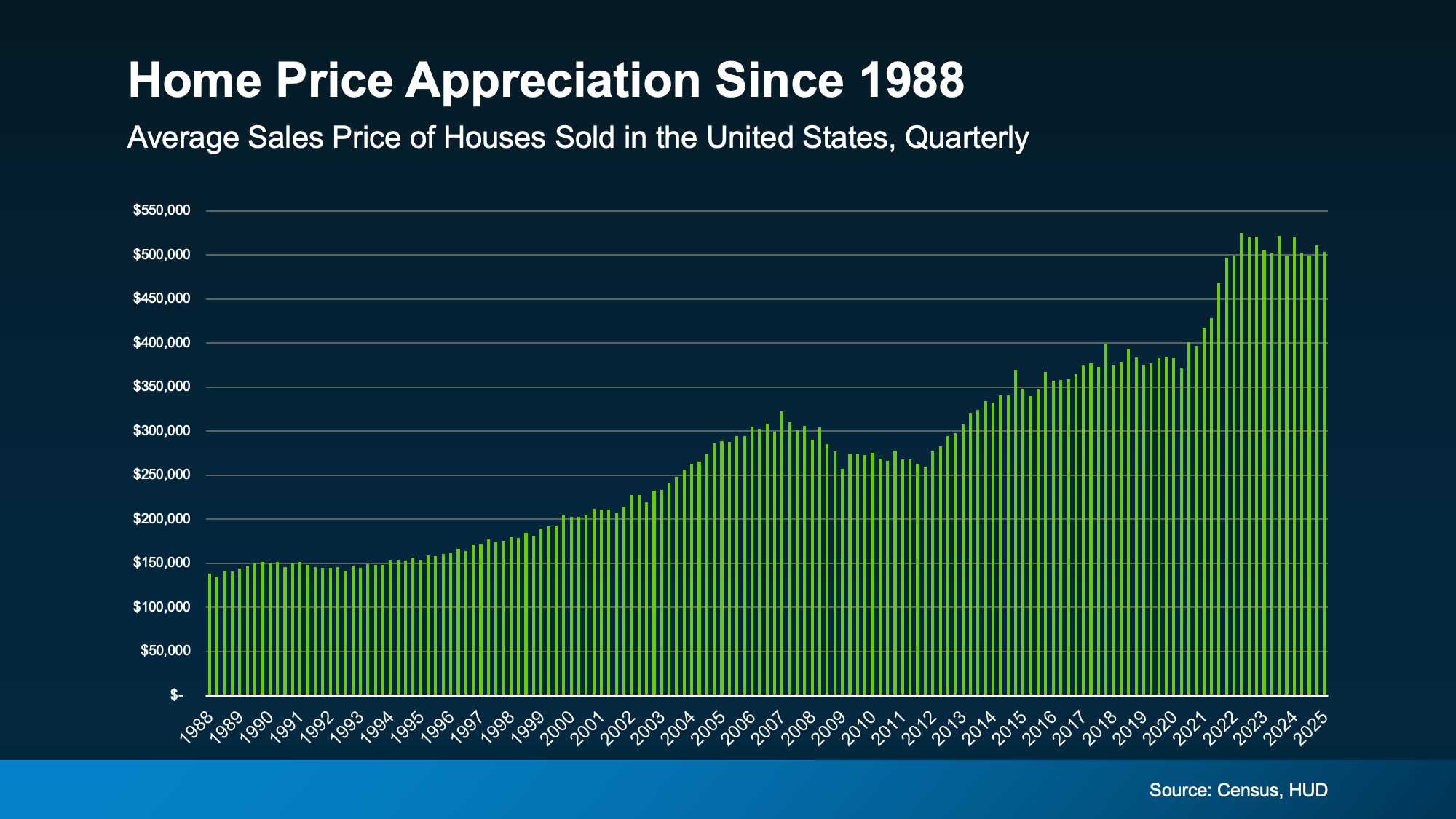

Secrets To Selling Your House Quickly
Seeing your house sit on the market without any bites is the ultimate frustration. And unfortunately, some sellers are in that tricky spot today. According to data from the National Association of Realtors (NAR), the average time a house spends on the market has increased over the past few years (se
Read More

The Down Payment Assistance You Didn’t Know About
Believe it or not, almost 80% of first-time homebuyers qualify for down payment assistance, but only 13% actually use it. And if you’re hoping to buy a home, this is a mission-critical gap to close – fast (see graph below): Here’s what you need to know to make the most of your down payment in today’
Read More

This Is the Sweet Spot Homebuyers Have Been Waiting For
After months of sitting on the sidelines, many homebuyers who were priced out by high mortgage rates and affordability challenges finally have an opportunity to make their move. With rates trending down, today’s market is a sweet spot for buyers—and it’s one that may not last long. So, if you’ve put
Read More
Categories
Recent Posts










